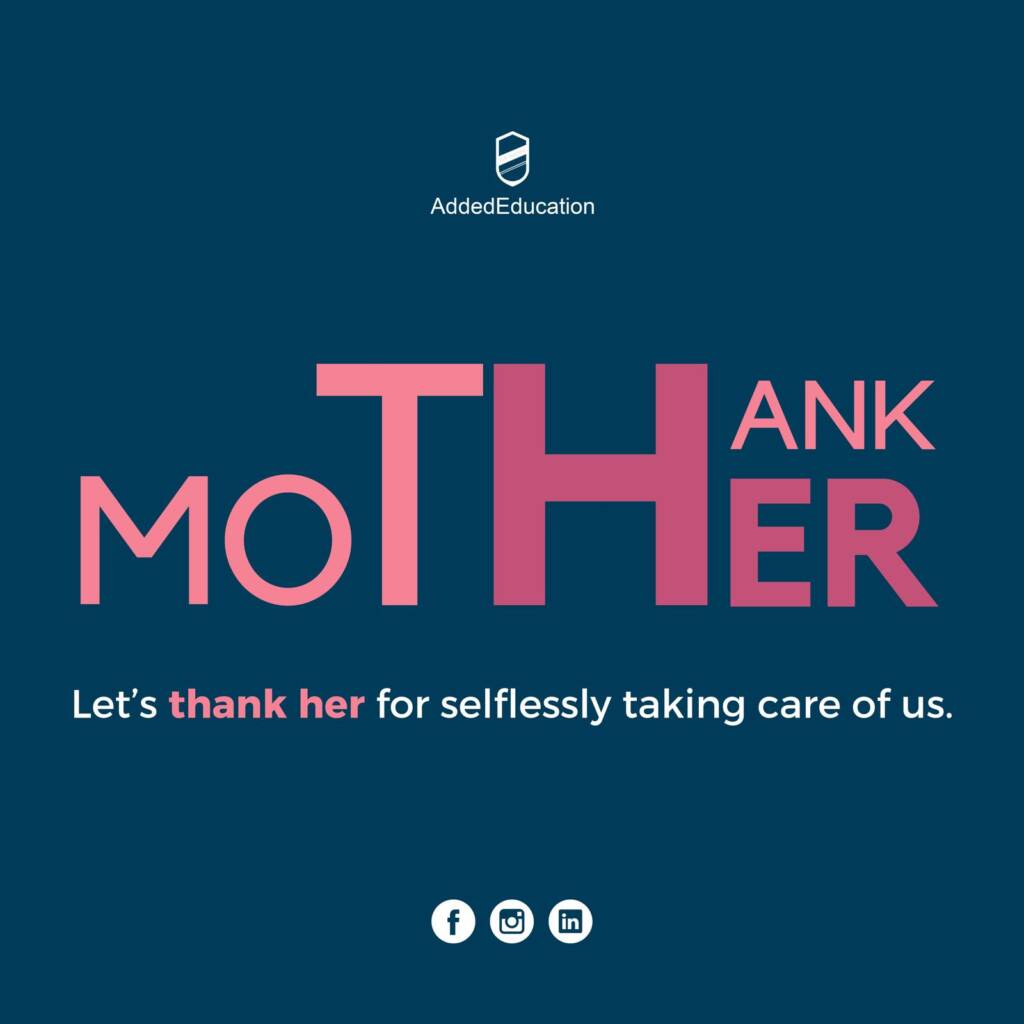How do you make a decision? We’re multi-dimensional beings! Passionate! Alive! How was I supposed to know what I wanted to do with my life when I couldn’t even decide what to eat for dinner that night?
After working with hundreds of confused students over the years, I’ve learned this feeling is pretty much universal. Whether you’re a sophomore in high school wondering about careers or a college freshman feeling the pressure to decide, you’re definitely not alone in this confusion.
Yes, your choice of major matters. It shapes your college experience and can open certain doors. But it is not a life sentence. Tons of professionals end up in careers that have little connection to what they studied. I have a friend who majored in philosophy who now runs a tech startup!
That said, making a thoughtful choice from the beginning will save you time, money, and those 3 AM existential crises we’d all rather avoid.
Start With YOU, Not Job Listings
Before you dive headfirst into researching different programs, grab some coffee (or whatever helps you think) and have an honest conversation with yourself:
What actually gets you excited? What subjects make you perk up when people talk about them? What YouTube rabbit holes do you find yourself falling down at 2 AM? Which classes don’t feel like work? My niece realized she always looked forward to her statistics homework which is definitely niche but also a pretty good sign she should consider a math-related field.
What comes naturally to you? We all have things that seem easier for us than for others. Maybe your friends always ask you to explain math concepts, or you can write a paper in half the time it takes your roommate. These natural abilities aren’t everything, but they’re clues worth noticing.
What kind of life do you actually want? Do you need a 9-to-5 with weekends free? Want to travel a lot? Is working remotely an absolute non-negotiable? Is helping others directly important? Does sitting at a desk all day make you want to scream?
Different majors lead to different lifestyle options.
Get Real-World Perspective
Shadow professionals and talk to students Course descriptions tell you almost nothing useful. What you need is to follow people who are living the career you’re considering. I always tell students to find ways to shadow professionals in their fields of interest. Your school counselor can often help connect you with local opportunities.
Talk to:
Ask them if they’d choose the same path knowing what they know now. Their answer (and how quickly they give it) tells you volumes.
Balancing Passion and Practicality
Let’s talk honestly about planning your career. When choosing your path, it helps to consider both job prospects and what genuinely interests you.
Here’s something worth knowing: your undergraduate major often has more flexibility than you might think. For instance, law schools accept students from virtually any major—they’re looking for critical thinking and analytical skills rather than specific content knowledge. Medical schools do require certain science prerequisites, but you could major in music while completing those biology and chemistry courses on the side.
This doesn’t mean avoiding subjects you’re passionate about. It means being strategic about how you position yourself. If you love history but worry about job prospects, consider complementing it with data analysis skills or digital humanities.
The most fulfilling careers often come from thoughtfully blending what you love with what the world needs.
Regrets I've Seen (And How You Can Avoid Them)
First off, don’t pick your path just cause someone else thinks its right for you. Your parents might be dead-set on you becoming a doctor. Maybe your teachers keep nudging you towards engineering. Or all your friends are going into business and your feeling the pressure. Their advice usually comes from a good place, but they’re not the ones who’ll be living your life day in and day out. You are.
Another big one? Choosing something just for the paycheck. Look, money definitely matters, but spending 40+ hours every week for literally decades doing something that slowly crushes your spirit… that’s a pretty steep price for a nice bank account. The real win is finding work that pays your bills AND doesn’t make you dread Monday mornings.
And don’t rush into anything! Unless you’re in one of those programs that absolutely requires early commitment, you probably have more time than you think. Most schools give you till the end of sophomore year to make it official.
Sometimes the winding path gets you where you needed to go all along.
Start Building Experience Early
One mistake I see constantly is students waiting until junior or senior year to get hands-on experience. Start now!
If I could go back and give my younger self advice, I’d tell myself to:
For students interested in healthcare, I recommend looking into becoming a CNA or medical assistant once you’re old enough. For aspiring lawyers, volunteer at legal aid societies or find internships at local firms.
Experience is what opens doors to opportunities. The earlier you start collecting it, the better positioned you’ll be.
Think Strategically About High School Too
Here’s a tip I wish someone had told me in high school: consider taking advantage of options that can save you time and money in college.
AP classes work well for some students, but don’t overlook concurrent enrollment at local colleges. In many countries, these classes are free for high school students, and you can knock out prerequisites before even starting college.
I’ve worked with students who completed nearly all their general education requirements through concurrent enrollment. This meant they could jump straight into courses related to their major freshman year and land internships earlier than their peers.
How We Can Help
Our Four-Phase Approach
Phase One: Discovery
We’ll identify your dreams through 1:1 exploration of your goals and passions. We’ll evaluate your profile by reviewing your academic records and extracurriculars, then work with you to address gaps and highlight your “X-Factor.”
Phase Two: Planning & Preparation
Together we’ll set clear goals with specific universities in mind and craft a personalized roadmap to keep you on track. We’ll build a profile-building strategy—your personal “training regimen”—that includes leadership roles and impactful projects.
Phase Three: Execution
You’ll have a dedicated support team of experienced counselors providing 1:1 guidance. We’ll provide timely guidance on everything from application forms to interviews and track deadlines and follow-ups so nothing falls through the cracks.
Phase Four: Application
We’ll help you showcase your best self—our AE admissions experts know what admissions officers look for. We’ll navigate the application process with you from submission to communication, and once you receive offers, we’ll help you evaluate your options to find your best-fit university.
Remember: It's Your Journey
Your major is important, but it’s just one of many choices you’ll make. The most successful people I know aren’t necessarily those who picked the “perfect” major – they’re the ones who fully engaged with whatever they chose, built strong relationships, sought opportunities, and stayed open to unexpected possibilities.
The goal isn’t finding the perfect major – it’s making a thoughtful choice that aligns with who you are now and who you’re becoming.
Want some personalized guidance as you figure this out? Drop us a line – we’d love to be part of your journey.





